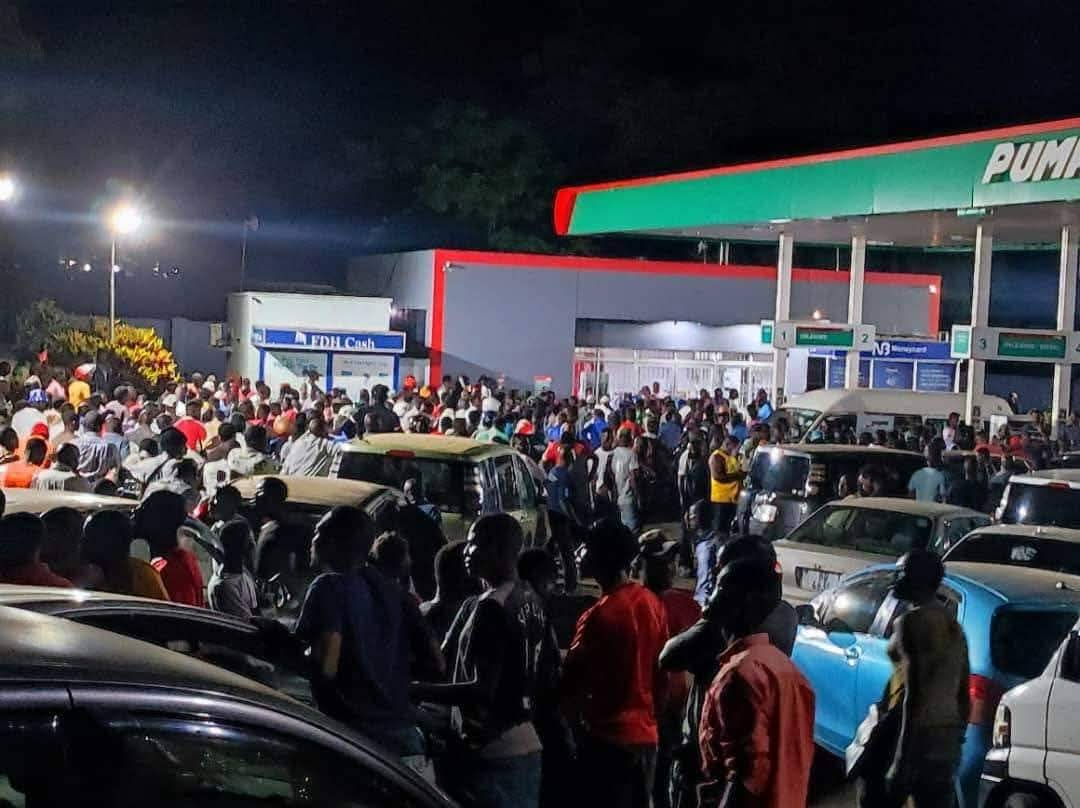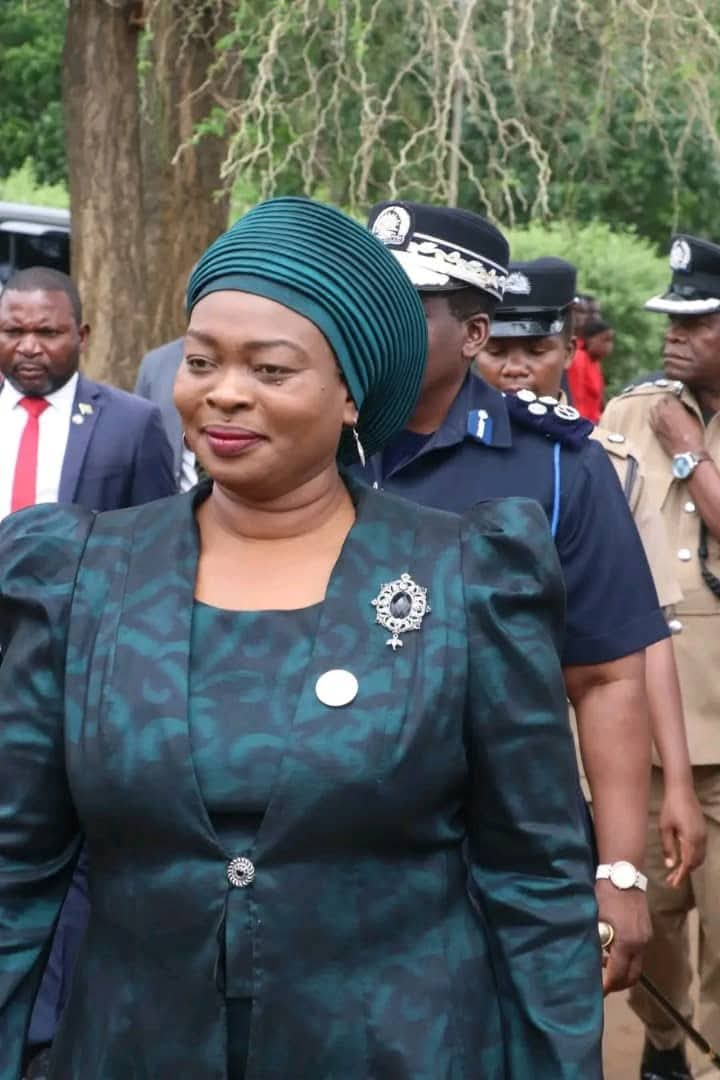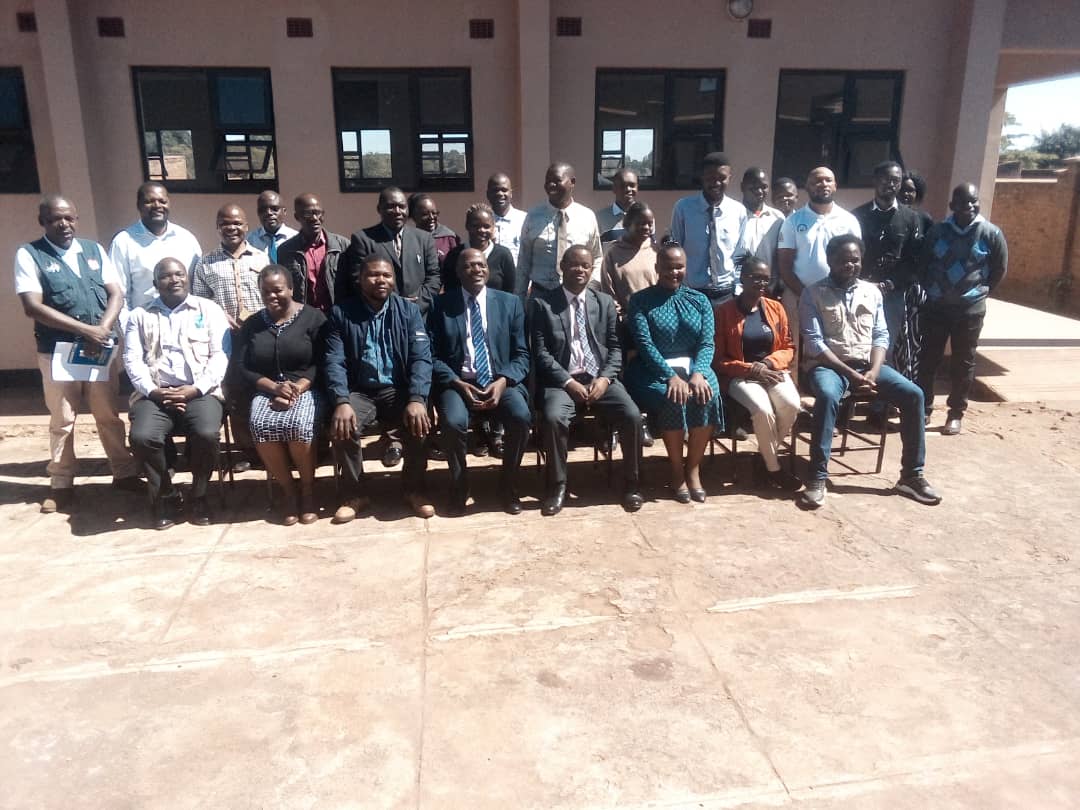By Twink Jones Gadama
In recent weeks, the Malawian economy has faced significant challenges, particularly in the realm of fuel supply and pricing. The Malawi Energy Regulatory Authority (MERA) proposed a 30% hike in fuel prices as a necessary measure to mitigate the ongoing fuel crisis. However, President Lazarus Chakwera has rejected this proposal, a decision that has sparked considerable debate among economic experts and the general populace. While the president’s intentions may stem from a desire to protect consumers from immediate financial strain, the rejection of the fuel price hike could lead to more severe economic consequences in the long run. It is essential to understand the implications of this decision and why siding with economic experts is crucial for the stability and growth of Malawi’s economy.
The fuel crisis in Malawi is not an isolated issue; it is part of a broader global trend influenced by various factors, including geopolitical tensions, supply chain disruptions, and fluctuating crude oil prices. As a landlocked country, Malawi is particularly vulnerable to these external shocks, which can lead to significant volatility in fuel supply and pricing. The proposed 30% increase in fuel prices by MERA is a response to these challenges, aimed at ensuring that fuel remains available and that the supply chain is not further disrupted. By rejecting this proposal, the president risks exacerbating the crisis, leading to fuel shortages that could cripple transportation and logistics across the country.
Economic experts argue that the rejection of the fuel price hike will have a cascading effect on the economy. Fuel is a critical input for various sectors, including agriculture, manufacturing, and transportation. When fuel prices are artificially kept low, it creates a situation where suppliers and producers cannot cover their costs, leading to reduced production capacity and, ultimately, shortages of goods. This scenario is particularly concerning in a country like Malawi, where many households already struggle to meet their basic needs. If fuel prices remain stagnant while global prices continue to rise, the government may be forced to implement even more drastic measures in the future, such as rationing fuel or imposing severe restrictions on its use.
Moreover, the rejection of the fuel price hike could lead to inflationary pressures that would further erode the purchasing power of Malawians. When fuel prices are kept artificially low, it creates a false sense of stability in the economy. However, as the costs of transportation and logistics rise due to supply chain disruptions, businesses will inevitably pass these costs onto consumers in the form of higher prices for goods and services. This inflationary spiral can lead to a situation where the cost of living increases significantly, placing additional burdens on already struggling households. Economic experts warn that this could lead to a situation where the government is forced to intervene with subsidies or other measures, which could strain public finances and lead to further economic instability.
Additionally, the rejection of the proposed fuel hike undermines the credibility of the government and its institutions. MERA, as the regulatory authority responsible for overseeing fuel pricing, has a mandate to ensure that prices reflect market realities. By disregarding their recommendations, the government sends a message that it is not willing to engage with economic realities or to take the necessary steps to protect the economy. This lack of credibility can deter foreign investment and undermine confidence in the Malawian economy, making it more challenging to attract the capital needed for growth and development.
Furthermore, the decision to reject the fuel price hike may have long-term implications for the energy sector in Malawi. The country has made significant strides in recent years to diversify its energy sources and improve energy access for its citizens. However, maintaining a stable and reliable energy supply requires investment in infrastructure and technology. If fuel prices remain artificially low, it may deter investment in the energy sector, as potential investors may perceive the market as unstable or unprofitable. This could hinder efforts to improve energy access and reliability, ultimately stunting economic growth and development.
It is also essential to consider the broader social implications of the president’s decision. While the intention may be to protect consumers from rising prices, the reality is that the rejection of the fuel price hike could lead to greater social unrest. As the cost of living rises and essential goods become more expensive, public discontent may grow. This could manifest in protests, strikes, or other forms of social unrest, further destabilizing the economy and making it more challenging for the government to govern effectively. Economic experts caution that addressing the root causes of the fuel crisis through appropriate pricing mechanisms is a more sustainable approach than attempting to shield consumers from the realities of the market.
In conclusion, while President Chakwera’s rejection of the proposed 30% fuel hike may be well-intentioned, it is essential to recognize the potential economic consequences of this decision. Economic experts have highlighted the risks associated with maintaining artificially low fuel prices, including supply shortages, inflationary pressures, and a loss of credibility for the government. By siding with these experts, it becomes clear that accepting the proposed fuel hike is not merely a matter of adjusting prices; it is a necessary step toward ensuring the long-term stability and growth of the Malawian economy. The government must engage with economic realities and take proactive measures to address the fuel crisis, rather than attempting to shield consumers from its effects. Only through a balanced and informed approach can Malawi navigate the challenges ahead and build a more resilient economy for the future.




